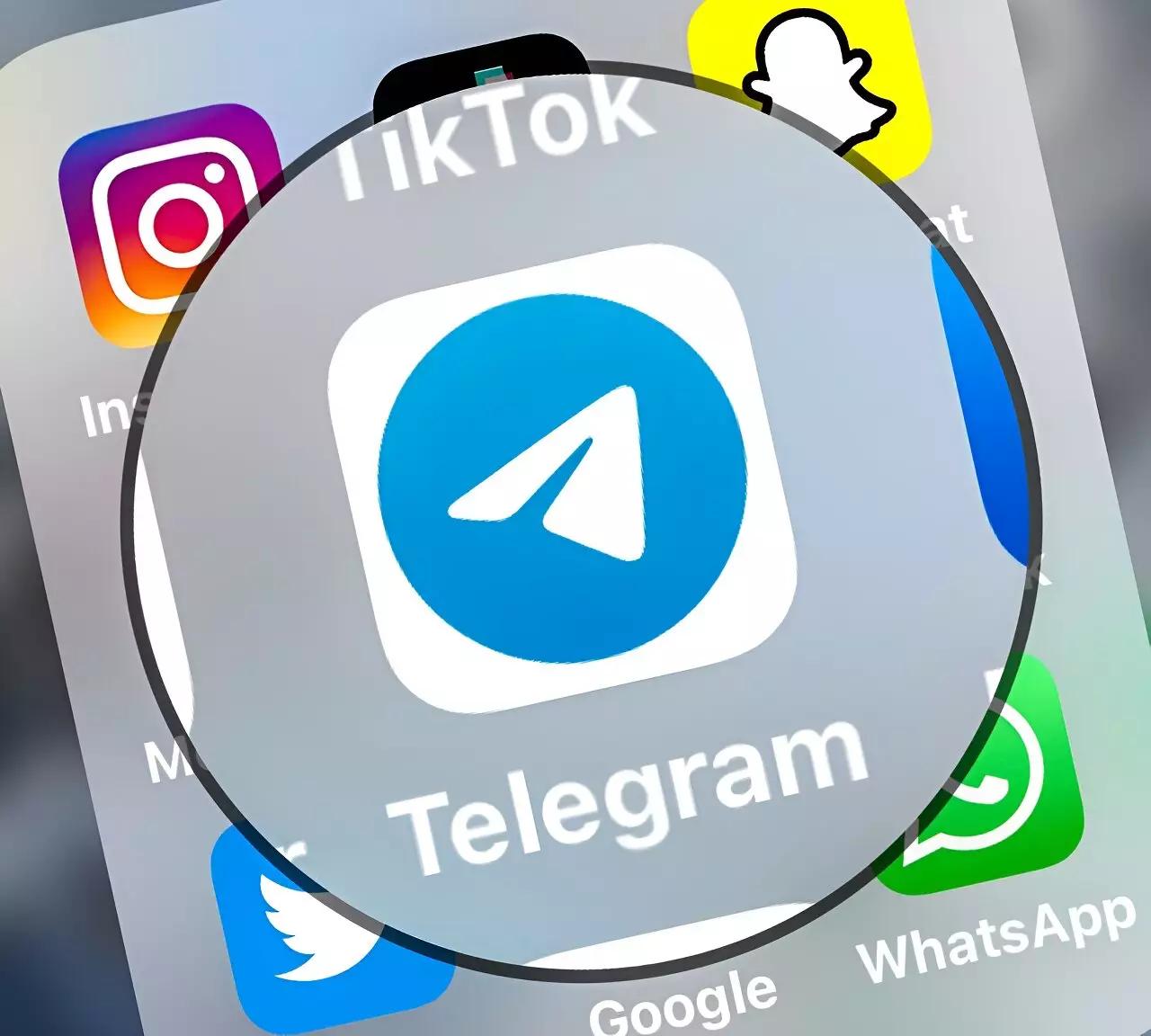The recent arrest of Pavel Durov, the founder of the popular messaging app Telegram, in France has sparked a myriad of discussions about digital rights, content moderation, and the responsibilities of tech companies in an increasingly polarized world. Durov’s apprehension is primarily linked to allegations that his platform has allowed the proliferation of illegal content. This incident raises fundamental questions regarding the balance between user privacy, freedom of expression, and the responsibility of social media platforms to curb harmful activities.
Founded in 2013 by Pavel and Nikolai Durov, Telegram has made significant strides in the realm of communication technology, boasting a user base that has grown significantly from 550 million in 2022 to an estimated 950 million as of 2023. The platform carved a niche for itself by emphasizing user privacy and promoting features that appeal to those seeking refuge from more commercialized platforms like Meta and Google. Its pivotal role in the landscape of the Ukraine war showcased Telegram’s potential as a channel for both news dissemination and community organization, often outpacing traditional media in terms of reach and engagement.
However, this popularity comes with its own set of challenges. While Durov has been vocal about his commitment to user freedom, the platform has faced criticism for inadequate moderation of extremist content. The juxtaposition of an app that champions free speech while simultaneously being used as a conduit for misinformation and illegal activities exposes a dichotomy that has perplexed users, regulators, and security experts alike.
Durov’s assertion that his platform should avoid “policing” user expression—a sentiment echoed during an interview with right-wing journalist Tucker Carlson—positions Telegram at a crossroads. In a digital environment where the lines between free expression and hate speech blur, the ethical ramifications of non-intervention come into play. Durov previously acknowledged the need for improved content moderation protocols but emphasized a minimalist approach to oversight, raising concerns among observers about Telegram’s ability to safeguard users against the dangers of radical ideologies and illegal activities.
The results of this passive posture are visible, as Telegram faces scrutiny not only from European authorities but also from nations like Iran and Russia, which have banned or tried to restrict the platform due to its perceived failure to control the content spread within their borders. Governments argue that platforms must assume some degree of responsibility for the content shared among their users, particularly when it involves fraud, drug trafficking, or terrorism—an assertion that finds little support in Durov’s philosophy of minimal oversight.
Pavel Durov stems from a background that has shaped his views on privacy and internet freedom. His early experiences with VKontakte, often described as “Russia’s Facebook,” involved navigational challenges with state authorities demanding user data. These formative experiences significantly influenced his decision to create Telegram, as he aimed to establish a platform that would prioritize liberty over compliance with governmental pressures.
Durov’s business strategy, characterized by self-funding until 2018 and a severe risk-taking approach with cryptocurrency investments, further illustrates his commitment to innovation. Despite the rollercoaster ride of launching a failed cryptocurrency project that cost him dearly, he remains optimistic about Telegram’s financial health, as indicated by recent revenue milestones. His dismissal of material wealth as a primary motive reinforces his portrayal of Telegram as a means to promote civil liberties—although critics may question whether profitability and privacy can coexist without leading to compromises on user ideals.
Durov’s arrest in France marks a critical juncture not just for himself personally, but also for Telegram’s overarching narrative in the realm of global communication. It sheds light on the increasing pressures regulators face as they attempt to hold tech giants accountable for user-generated content. While the platform professes not to be responsible for users’ actions, regulatory authorities may view this stance as an exemption from the moral responsibility that accompanies running a communication medium.
As governments around the world grapple with the implications of unrestricted digital communication, Telegram’s future, along with that of Durov, remains uncertain. It prompts stakeholders to ponder whether a model promoting absolute privacy can sustain itself long-term amidst growing calls for accountability. For now, telegrams of outrage, concern, and hope echo through the digital corridors as the world awaits a resolution to these complex and evolving challenges.


Leave a Reply